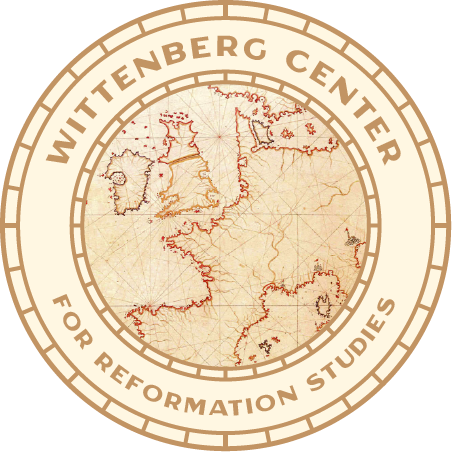From September 2023 to July 2024, small groups of students met online to learn the basics of Christian Latin or to practice their language skills by translating Latin texts. In the late spring of 2024, a new pilot course began, focusing on German printed sources and 16th-century manuscripts in a two-week rhythm.
The online course program will resume in September 2024. There will be three groups working through the ‘Primer of Ecclesiastical Latin’. Once two of these groups have reached the end of the ‘Primer’ around Christmas, there will be an opportunity to start a new course starting with Unit 1. Starting in September, there will also be three groups focusing on the translation of Latin sources. The most advanced group is working on John Jewel’s ‘Apologia ecclesiae anglicanae’, another group is reading Humphrey’s biography of John Jewel, and a third group is translating the Latin version of Origen’s Homilies on Luke.
Reading Origen not only strengthens language skills, but also gives insight into an interesting way of Christian thinking, sometimes very reminiscent of Reformation theology. In our translation of Origen’s ‘Commentary on Romans’, we came across the familiar-sounding statement: “Quidquid enim unusquisque supra cetera colit, hoc illi deus est” (commentary on Rom. 1:8). Martin Luther begins the explanation of the first commandment of the Decalogue in his ‘Large Catechism’ with a paragraph that culminates in the conclusion: “in quacunque re animi tui fiduciam et cor fixum habueris, haec haud dubie Deus tuus est”. What is really important to me, what I worship, what I trust, that is my God. Our priorities define our God, and it is a matter of fixing one’s heart on the right spot.


